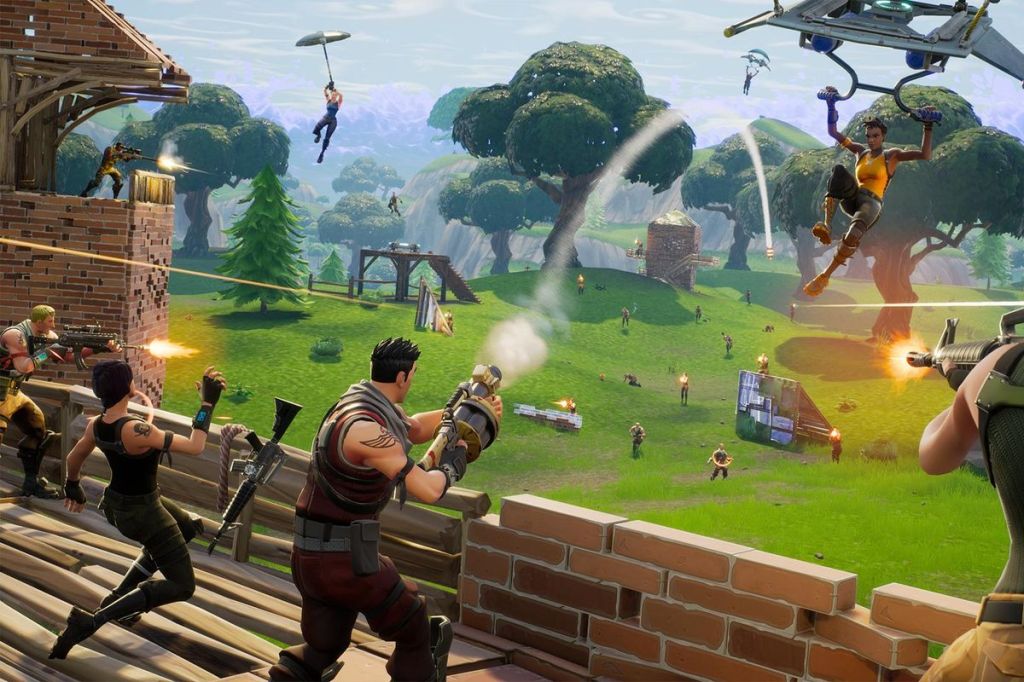As crunch is a hot topic these days, many journalists are getting out there to discuss the effects of working long hours right from the source: studio staff members themselves. We saw Kotaku investigations about Anthem and Dragon Age 4, which both pointed to severe crunch and unhealthy working conditions at BioWare. We even conducted our own interview with the Creative Director David Dedeine of A Plague Tale: Innocence, in which he described that crunch is quite prominent at Asobo Studio. Now, a report from Polygon has covered the harsh and brutal crunch practices at Epic Games, the developer of Fortnite.
When speaking to sources at Epic who did not wish to be named, due to fear of retaliation from the company, it was discovered that many of the staff reported working long work weeks. Some reported working upwards of 100 hours. There were a lot of factors that contributed to crunch, according to the report, a lot of which fell into social pressures within the company, the insatiable “demands” from the community, and the very nature of games-as-a-service. It used to be that a game would release, maybe need a patch or get DLC, and be finished. But now, with so many games-as-a-service titles that have constant updates, the pressure from the community is causing tremendous crunch for development studios.
One source said the following about working on Fortnite:
The biggest problem is that we’re patching all the time. The executives are focused on keeping Fortnite popular for as long as possible, especially with all the new competition that’s coming in.
Since it’s a game that keeps evolving, there is no room for breaks and crunch is encouraged.
Another source made the following damning statement about working long hours:
I was working at least 12-hour days, seven days a week, for at least four or five months. A lot of that was having to stay at work till 3 or 4 in the morning.
Since games-as-a-service are relatively new to the industry, it stands to reason that many companies are still figuring out how to handle development in a healthy way. But when Epic HR and management do little to ensure the well being of the staff, it’s a glaring issue. Many sources said that, although working extra hours wasn’t mandatory per se, it would not be in the best interest of an employee to go home during regular hours. Many times, leaving on time would push the workload onto other staff members and, as one source said, “No one wants to be that guy.”
The issue is way more complicated than it seems, though. Aside from various sources that told horrific stories about 100-work weeks, having mental breakdowns due to exhaustion, and a never ending workload, Epic also seems to be digging the company into a hole. Since it is barely keeping up with the demands of the Fortnite community, there is a constant shift in staff, particularly with contractors, who have fewer rights than full-time employees.
When a contractor “fails to meet critical release dates,” their contracts aren’t renewed or they quit due to exhaustion. This constant staff shift also impacts the morale of the workplace and makes it difficult to train employees.
One senior guy would say, ‘Just get more bodies.’ That’s what the contractors were called: bodies. And then when we’re done with them, we can just dispose of them. They can be replaced with fresh people who don’t have the toxic nature of being disgruntled.
This is a glaring issue that is not only present with Epic Games, but many studios. This included the now shuttered Telltale Games, the studio behind The Walking Dead adventure games.
It’s a horrible story to report on, because these are real stories from human beings with families and lives outside of the workplace. But at the same time, it’s a topic that needs to be discussed, so we can start making a change. Working hard is commendable, but there is a safe way to do it. As shown by this report, Epic appears to not be going about it the right way.
[Source: Polygon]








